Imagine a school where students are funny — On purpose. Now imagine a school where being funny makes students better learners.
That is what’s happening for Chicago Public High School students who are developing improvisational theater skills intended to help them become more successful in engaging with their peers, the outside world, and potential employers. Through traditional improv techniques like incorporating agreement, cooperation, and the elimination of judgment, students have the ability to replace awkwardness with confidence. It’s an example of the kind of hands-on learning that uses practical skills not found in traditional classroom settings.
Ian Williams is proof of how improv can make students more deeply engaged with the world around them. Growing up, he remembers being uncomfortable when being asked to speak in public “without a script.” Now, as a seasoned improv actor who graduated from the Second City Training Center’s Conservatory and is an ensemble member at The Annoyance Theatre in Chicago, Williams testifies that improv gave him “the ability to slow down.”
“If I need to take a breath before I talk, I take the three seconds. I learned that three seconds is not the three minutes that it feels like,” he says.
Williams, an advisor of Northwestern University’s School of Education and Social Policy (SESP), who developed the three-year improv program designed for high school students, aged 14 to 18, chosen from Chicago Public Schools throughout the city.
“We know change is the only constant. So being able to prepare our leaders to be ready for change and to be comfortable for change is really huge”
Under his direction, each summer, students entering their sophomore year work on their ability to assess their own presence when in front of others — their voice, posture, natural energy, and more. The following summer, the students learn how to use eye contact, listening skills, and body language successfully in situations involving college admissions representatives and others. For the final summer, students learn how they can resolve disagreements with others when on campus.
Skills are taught in groups through improv exercises ranging from observing and mimicking scene partners to “listen and respond,” which involves students repeating their partner’s last sentence and then using it to inspire a new and related conversation.
A Tool For Transformation
Improv comedy is a tool that helps students in the gradual transformation from living at home to living on their own in the world. Just as traditional schools use classes like finance and health to prepare students for their future, future schools can use behavior-based learning to show students a new side of themselves.
That disengaged teenager in the back of the classroom who always looks down when speaking now has the potential to lead, not follow, conversations, which will eventually impress everyone from employers to college recruiters.
Williams says the safe environment of group improv allows students to make mistakes and then learn, so they can later succeed in real life. “If you accidentally say something rude in improv, your partner knows you didn’t mean it. It’s a free space where you can have an experience and learn from it,” he says.
Awkwardness, which is perfectly natural at a young age, is replaced with confidence using “simple tools to at least manage situations quicker in a more natural way.”
Williams says a long-term strategy for the program is starting future leaders with the skills when they are very young.
“Why wouldn’t you give them skills earlier to influence how those organizations are developed rather than tack it on when they are 40, 50, 60 years old and probably more rigid to change?” he asks. “We’re developing a new generation of leaders and citizens to help our country and world, so working on their social skills now will shape how they get to those places of power years down the road.”
Learning to Embrace Change
SESP has been incorporating improv into everything, from college access programs and teacher coaching to ice-breaker exercises with doctoral students and gifted classes.
“It’s a tool that enables you to be open. To be inquisitive. To be comfortable with ambiguity and not having the whole answer right away but being able to eventually make brave choices,” said Megan Redfearn, SESP’s director of faculty services and doctoral affairs. In her work with doctoral students to help them become “better learners,” not just in the program, but after they graduate and enter the job market.
“We know change is the only constant. So being able to prepare our leaders to be ready for change and to be comfortable for change is really huge,” she said.
“Why wouldn’t you give them skills earlier to influence how those organizations are developed rather than tack it on when they are 40, 50, 60 years old and probably more rigid to change?” he asks. “We’re developing a new generation of leaders and citizens to help our country and world, so working on their social skills now will shape how they get to those places of power years down the road.”
